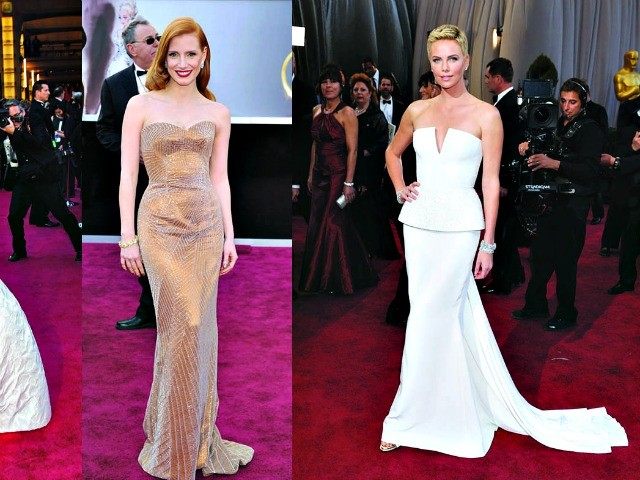A new study reveals females only accounted for 12% of protagonists in the top 100 domestic box office hits of 2014, reports Deadline.
Dr. Martha Lauzen, Executive Director of San Diego State’s Center for the Study of Women in Television and Film, discovered in her latest annual report that the number of female protagonists depicted in the top-grossing films had dropped 3% from 2013 and 4% from 2002.
“The chronic under-representation of girls and women reveals a kind of arrested development in the mainstream film industry,” said Lauzen. “Women are not a niche audience, and they are no more ‘risky’ as filmmakers than men. It is unfortunate that these beliefs continue to limit the industry’s relevance in today’s marketplace.”
Another one of Lauzen’s report’s, titled “It’s a Man’s (Celluloid) World,” found the top 100 films of last year with female writers and directors had three times the amount of female leads than those written by their male counterparts.
Furthermore, women are still struggling to break away from stereotypical supporting roles, according to the study.
“Gender stereotypes remained abundant in last years films,” it reads. “Female characters were younger than their male counterparts and more likely to be identified solely by personal life-related roles such as wife, mother and girlfriend.”
The major box office success of The Hunger Games: Mockingjay- Part 1 is proof that there’s a desire to see female heroes, according to Lauzen. Some of the biggest names in Hollywood have been vocal about gender inequality recently. Charlize Theron demanded she get paid the equivalent to her male costar, Chris Hemsworth, in The Hunstmen.
Jessica Chastain also scorned the industry at the 2015 Films Critics’ Choice Awards about lack of doversity, citing the late Martin Luther King Jr: “Today is Martin Luther King Junior’s birthday, so it got me thinking about our need to build the strength of adversity in our industry, and just add to gather against homophobic sexist misogynistic, anti-Semitic and racist agendas,” she said. “Our lives begin to end the day we become silent about things that matter.”
That statement was likely a reference to Ava Duvernay’s civil rights era drama Selma being largely snubbed by Academy voters.

COMMENTS
Please let us know if you're having issues with commenting.